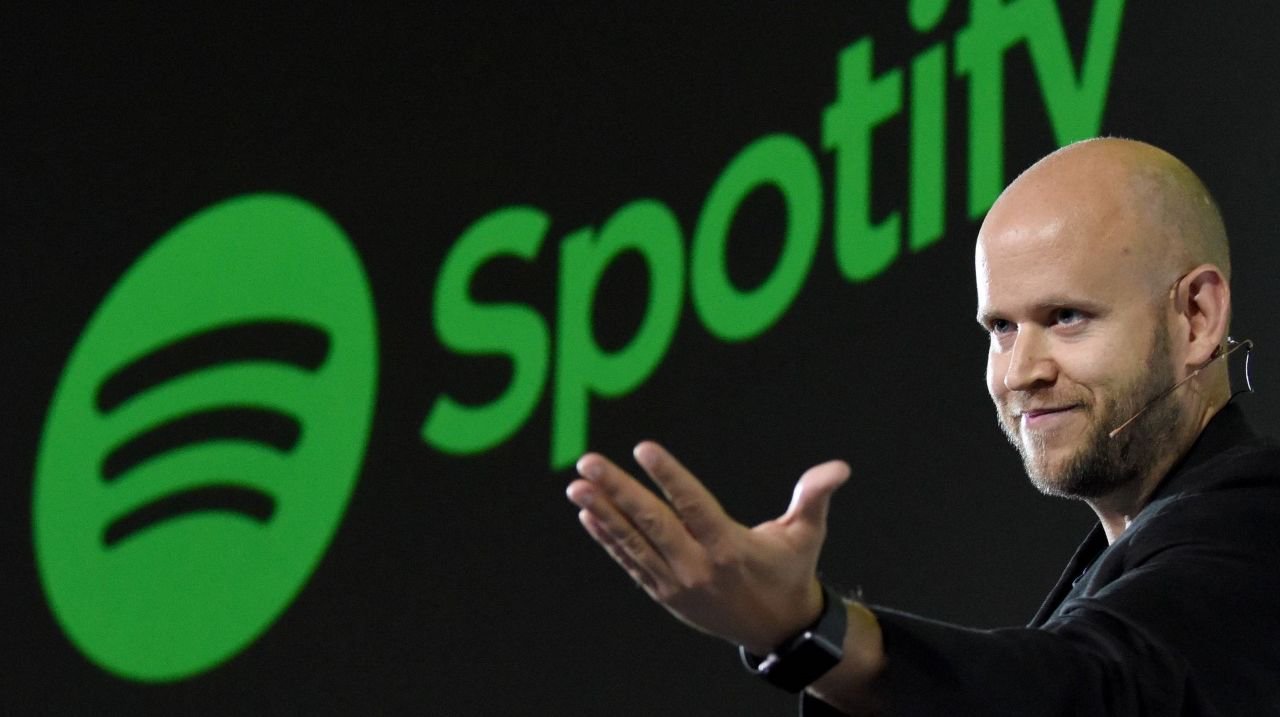A hot potato: Spotify is treading on lucrative but potentially dangerous ground here. Any move viewed as overly threatening could prompt one of the Big Three labels to pull their catalog, a move that would be devastating to Spotify's future.
Several sources familiar with the matter tell The New York Times that over the past year, the 12-year-old company has inked licensing deals with a small number of independent artists. Most of the deals have been modest, with advance payments of tens or hundreds of thousands of dollars, but it's giving major record labels a reason to be concerned.
Three labels - Warner, Universal and Sony - control roughly 80 percent of the industry. By signing artists directly, Spotify is essentially cutting them out of the equation. It's a small step right now but down the line, it could completely upend the entire music industry.
Spotify didn't comment on the matter when pinged by The Times so we don't know which artists the company is working with or how many they have signed.
The report highlights two key advantages that Spotify is offering: a bigger financial cut for artists and ownership of their music. What's more, it's not exclusive, meaning artists are free to license their songs to other streaming outfits like Apple Music and Napster.
According to the report, Spotify typically pays record labels around 52 percent of the revenue generated from each song play. Labels then give the artist anywhere between 15 to 50 percent of that cut. Licensing directly with Spotify means an artist and their representatives get to keep the entire cut.
Spotify CEO Daniel Ek briefly touched on the matter during the company's earnings call in July. "Licensing content does not make us a label, nor do we have any interest in becoming a label. We don't own any rights to any music, and we're not acting like a record label."
Spotify's contracts with record labels doesn't allow them to turn into a record label themselves, sources tell The Times.
